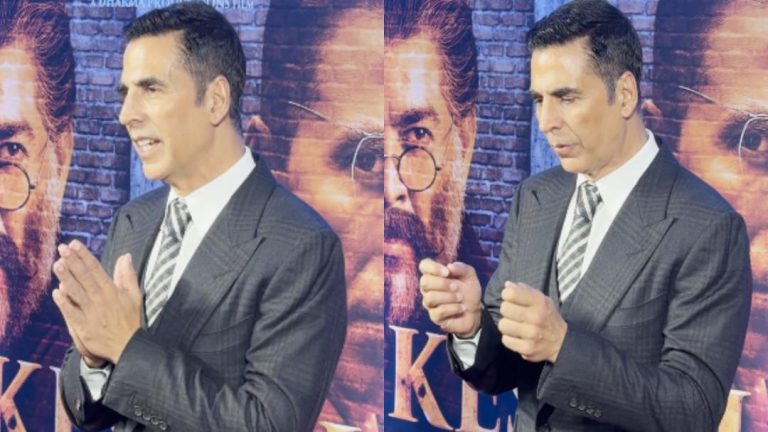
Mumbai Court Dismisses Tanushree’s MeToo Allegations Against Nana
The MeToo movement in India, which was sparked by Tanushree Dutta’s allegations against Nana Patekar in 2018, has taken a new turn with the latest development in the case. A Mumbai court has dismissed Tanushree’s allegations, citing that the complaint was filed beyond the prescribed period of limitation.
For those who may not be aware, Tanushree Dutta had accused Nana Patekar, along with three others, of sexual harassment in 2008 while filming a song for the film ‘Horn ‘OK’ Pleassss’. The allegations were made public in 2018, and it triggered a massive wave of support for Tanushree from the entertainment industry and beyond.
Tanushree had claimed that Nana Patekar had harassed her on the sets of the film, and that she had been subjected to inappropriate behavior by him. The allegations had sparked widespread outrage, and many celebrities had come out in support of Tanushree, using the hashtag #MeToo on social media.
However, despite the initial support, the case had been stuck in limbo for years, with Tanushree’s allegations being met with denials from Nana Patekar and his team. The latest development has brought the case to a close, with the Mumbai court ruling that the complaint was filed beyond the prescribed period of limitation.
The court’s decision has been met with disappointment and frustration from Tanushree’s supporters, who had been eagerly awaiting justice for the actress. The ruling has also sparked concerns about the lack of accountability for those accused of sexual harassment, and the challenges faced by survivors of sexual assault in seeking justice.
Tanushree’s lawyer, Nitin Satpute, had argued that the complaint was filed within the prescribed period of limitation, and that the court should not have dismissed the case. However, the court has ruled that the complaint was filed seven years after the alleged incident, which is beyond the two-year period of limitation specified in the Indian Penal Code.
The court’s decision has been criticized by many, who argue that it is a setback for the MeToo movement in India. The movement, which was sparked by Tanushree’s allegations, had brought renewed attention to the issue of sexual harassment and assault, and had led to a number of high-profile resignations and apologies.
The court’s decision has also sparked concerns about the lack of support for survivors of sexual assault, who often face a daunting and intimidating process when seeking justice. Many survivors have reported being met with skepticism, disbelief, and even reprisal when they come forward with allegations of sexual harassment or assault.
In a statement, Tanushree’s team expressed disappointment and frustration at the court’s decision. “We are deeply disappointed with the court’s decision, which ignores the suffering and trauma that Tanushree has endured,” the statement read. “We will continue to fight for justice and ensure that the perpetrators of sexual harassment and assault are held accountable.”
The court’s decision has also sparked debate about the need for changes to the law and the legal process. Many have argued that the two-year period of limitation is too short, and that it can be difficult for survivors to come forward with allegations of sexual harassment or assault.
In conclusion, the Mumbai court’s decision to dismiss Tanushree’s MeToo allegations against Nana Patekar is a setback for the movement, and a disappointment for survivors of sexual assault. The case highlights the challenges faced by survivors in seeking justice, and the need for changes to the law and the legal process. It also underscores the importance of continued support and solidarity for survivors, who often face a daunting and intimidating process when seeking justice.
Source:






